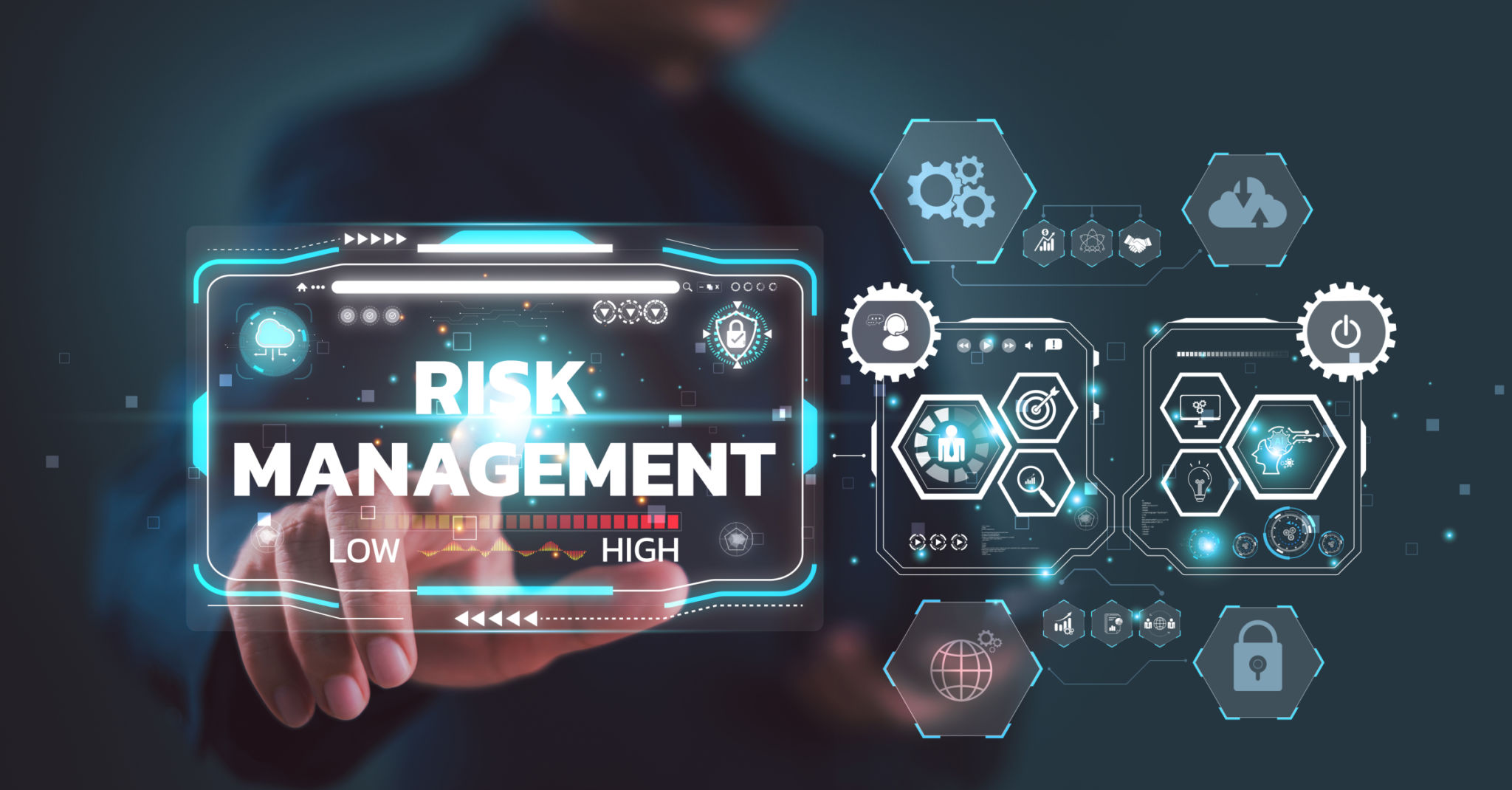Ensuring Procurement Compliance: Best Practices for European Companies
Understanding Procurement Compliance
In today's complex business landscape, ensuring procurement compliance is more crucial than ever for European companies. Compliance in procurement not only helps in avoiding legal pitfalls but also enhances the overall efficiency and transparency of procurement processes. It involves adhering to a set of guidelines and regulations that govern how companies acquire goods and services. These guidelines can vary significantly across different countries within Europe, making it essential for businesses to stay informed.

Key Regulations Across Europe
One of the first steps in ensuring procurement compliance is understanding the key regulations that apply to your business. The European Union has established a comprehensive set of procurement directives that all member states must follow. These directives aim to promote fair competition, transparency, and efficiency in public procurement. Companies must also be aware of national regulations that might apply, as some countries have additional requirements.
Moreover, the General Data Protection Regulation (GDPR) impacts procurement processes by imposing stringent data protection requirements. Companies must ensure that any data shared with suppliers complies with GDPR standards. Failing to adhere to these regulations can result in significant fines and reputational damage.
Implementing a Robust Compliance Framework
To effectively manage procurement compliance, companies should implement a robust compliance framework. This involves establishing clear policies and procedures that align with both EU directives and national laws. A well-documented framework helps in maintaining consistency and reducing the risk of non-compliance.

Training employees on compliance policies is another critical aspect. Regular training sessions ensure that everyone involved in the procurement process understands the regulations and their role in maintaining compliance. Additionally, appointing a compliance officer or team can help oversee compliance efforts and address any issues that arise.
Leveraging Technology for Compliance
Technology plays a vital role in ensuring procurement compliance. Implementing e-procurement systems can automate many compliance-related tasks, such as tracking spending, managing supplier contracts, and ensuring adherence to procurement policies. These systems also provide valuable insights through data analytics, helping companies identify potential areas of non-compliance.
Furthermore, utilizing digital tools for document management can streamline record-keeping and ensure that all necessary documentation is easily accessible for audits or reviews. This not only enhances compliance but also improves overall efficiency.

Regular Audits and Assessments
Conducting regular audits and assessments is essential for maintaining procurement compliance. These audits help identify any gaps in the current processes and provide an opportunity to make necessary adjustments. Internal audits should be complemented by external assessments to ensure an unbiased evaluation of compliance practices.
Audits also offer a chance to review supplier performance and ensure they meet compliance standards. Establishing clear metrics for supplier evaluation can help maintain high compliance standards throughout the supply chain.
The Benefits of Compliance
Ensuring procurement compliance offers numerous benefits to European companies. It not only minimizes legal risks but also enhances the company's reputation, fostering trust among stakeholders and customers. Compliance can lead to cost savings by optimizing procurement processes and reducing waste.
Moreover, a strong compliance record can provide a competitive advantage, especially when bidding for contracts that require stringent adherence to procurement standards. By prioritizing compliance, companies can build a solid foundation for sustainable growth and success in the European market.
